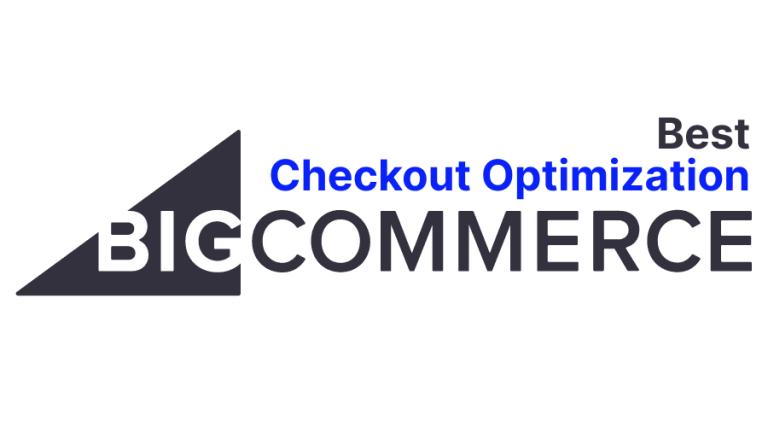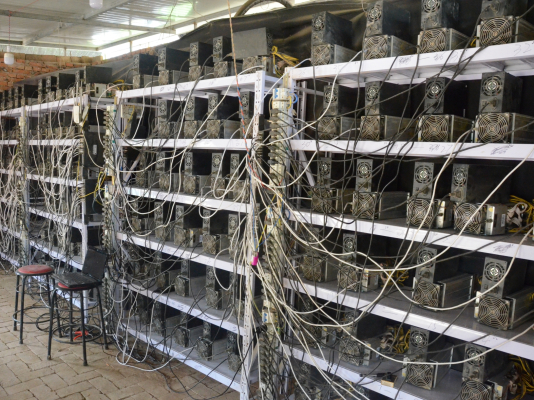
Temu officially invites European merchants to register as sellers on its platform. Merchants are responsible for their product assortment, inventory management, and the shipping of sold products. Temu determines the consumer prices for the goods.
Having quickly grown with a consignment model, Temu additionally announced a local-to-local model earlier this year. In this alternative setup, selling partners handle the shipping of products themselves.
The new model offers international merchants the opportunity to capitalize on Temu’s local popularity. For its owner, PDD Holdings, the marketplace provides opportunities to deliver more quickly to Western consumers and to include larger items in its virtual shelves.
Registration
Temu launched the new marketplace model this spring in the United States, where now a significant portion of Temu orders are shipped locally. Recently, the marketplace has become “officially open for registration for businesses with EU entities, including those based in Germany, France, Italy, Spain, the UK, and the Netherlands”, according to seller acquisition manager Zixia Yi on LinkedIn. She speaks of “exciting news for EU sellers”:
‘Temu Marketplace is now open for you!’
To attract merchants, Temu currently does not charge any base fees or sales commissions. Sellers can even advertise their listings on the platform for free. It is not yet known how long this introductory period will last.
Temu in Europe
Temu, active in Europe only since the spring of last year, has quickly gained popularity on the continent. Within a year of its introduction, one in three Germans, for example, has already purchased something on the platform. This spring, the European Commission added Temu to the VLOP list (Very Large Online Platforms), thereby requiring it to comply with strict rules under the Digital Services Act.
Enforcement
Meanwhile, the rapid rise of Temu and other Chinese platforms has become a thorn in the side of European interest groups. In an open letter, Ecommerce Europe and many of its national association members called for a level playing field for all ecommerce players active in the European market in June. They explicitly advocate for better enforcement of existing regulations.





